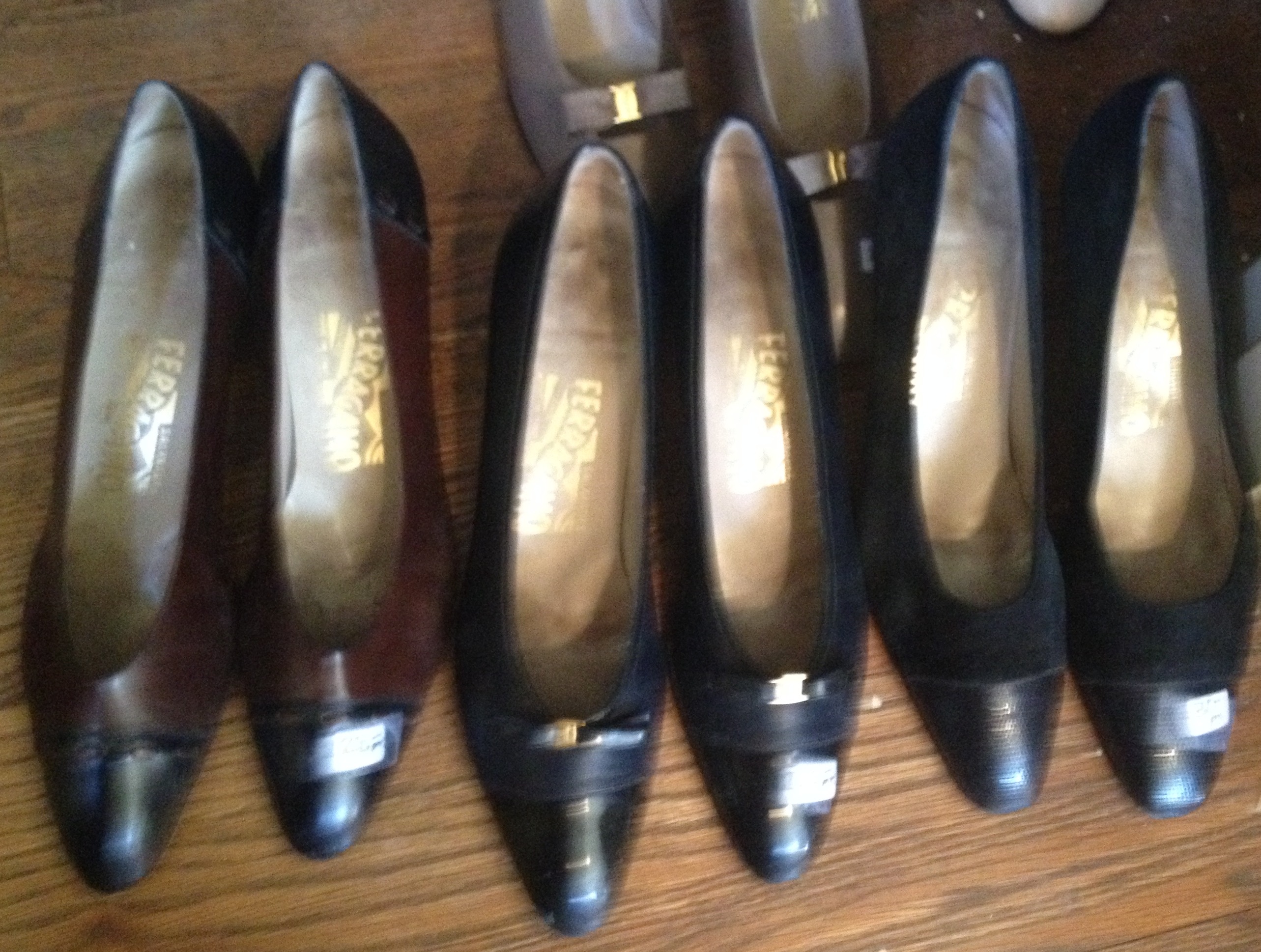It doesn’t take much for MayBelle to stop and think of her precious parents. The backdoor neighbor’s cigar smoke makes her hope, just for the tiniest moment, that her father has come for one of their long, rambling conversations that serpentined among politics, religion, books, and culture. He’s been gone for twenty years, and still she gleans from those chats. She enjoyed talking with him over anyone else in the world.
Taking some items to a local nonprofit last week channeled her mother, who seemed always to sense someone in need. Whatever you do, don’t ask MayBelle about the time she want looking for her favorite pair of jeans, the ones with the apple appliqués, only to be told they had been donated. Same goes for her middle sister, whose dolls were given away to some Methodist missionaries’ children without her permission.
“You have plenty,” their mother would say. And they did.
Just yesterday, this:
MayBelle was leaving one of her favorite Nashville lunch spots, The Picnic*, when she stopped for a car to pull into a spot. It was shiny, four-door Mercedes. Gleaming white. An older gentleman parked the car, got out, and walked around to the passenger side. He was smartly dressed, handsome. She’d swear she spotted a pocket square. He helped an older woman out of the car. Probably his wife? Also well dressed, everything matching. Sensible shoes. He placed his left hand on the small of her back and guided her toward the door. They were both elegant, slow movers. And then: A teenage boy opened the door to the restaurant and waited for them to make their way inside. Patient. Kind. In such a world as today’s where rudeness seems to prevail and manners seem almost obsolete, these tender gestures about broke MayBelle. (MayBelle apologizes if she seems a bit jaded today. A weekend trip to a crowded mall has her evaluating all of civilization.)
These two intimate interactions made MayBelle think of all the ways her parents cared for one another, with such concern and respect. And it made her think of how hard her oldest sister and brother-in-law have worked to raise their three lovely children to be thoughtful and courteous. And it especially made her want to find this picture, in which one of MayBelle’s nephews helped her mother to the car after a family lunch. MayBelle’s father was gone by this time, so a new escort was needed.
MayBelle stood for a minute or two after the couple and the boy were no longer in view, mesmerized. She’s not sure what rooted her to that spot, but what she had witnessed felt holy to her. Most days she tries to pay attention, MayBelle does, just in case a routine chicken salad run might turn into an extraordinary encounter with the Divine. In that one instance, MayBelle felt connected to her ancestors, experienced compassion for her elders, and was inspired by the next generation. Not bad for an ordinary afternoon in May.
*Best fruit tea in town.

 The dream came over the weekend, the one with her dead mother in it. MayBelle hasn’t dreamed about her mother regularly in the two years since her death, although MayBelle often senses her mother’s spirit with her. And certainly she feels her mother’s influence, even lives it out. On separate occasions just last week, MayBelle quoted her mother to a friend, heeded a piece of advice delivered decades ago, and missed her with such fierceness that she had to step outside a restaurant to collect herself.
The dream came over the weekend, the one with her dead mother in it. MayBelle hasn’t dreamed about her mother regularly in the two years since her death, although MayBelle often senses her mother’s spirit with her. And certainly she feels her mother’s influence, even lives it out. On separate occasions just last week, MayBelle quoted her mother to a friend, heeded a piece of advice delivered decades ago, and missed her with such fierceness that she had to step outside a restaurant to collect herself.


 Instead of regaling people with charming anecdotes about my childhood (dancing to “I’m a Little Teapot” in the living room) or relaying repetitive accolades (“Your mother was one of the most influential people in my life.”) about how precious my mother was—and she was dear—when giving her eulogy on February 23, I instead read three passages I dug out of one of my “memory boxes” while crying and packing my suitcase for Mississippi after my sister Ann phoned to say, “This is the call you never want to get.” Bits and pieces from a long life well lived that illustrate, better than a hundred family snapshots, what made Martha Lee Lyles Wilson (1922-2016) such a remarkable woman.
Instead of regaling people with charming anecdotes about my childhood (dancing to “I’m a Little Teapot” in the living room) or relaying repetitive accolades (“Your mother was one of the most influential people in my life.”) about how precious my mother was—and she was dear—when giving her eulogy on February 23, I instead read three passages I dug out of one of my “memory boxes” while crying and packing my suitcase for Mississippi after my sister Ann phoned to say, “This is the call you never want to get.” Bits and pieces from a long life well lived that illustrate, better than a hundred family snapshots, what made Martha Lee Lyles Wilson (1922-2016) such a remarkable woman.
 I didn’t realize I was sick back then—just miserable. I knew I didn’t belong in law school, though everyone around me said I did. Problem is, you don’t drop out in my family. Wilsons persevere.
I didn’t realize I was sick back then—just miserable. I knew I didn’t belong in law school, though everyone around me said I did. Problem is, you don’t drop out in my family. Wilsons persevere.



